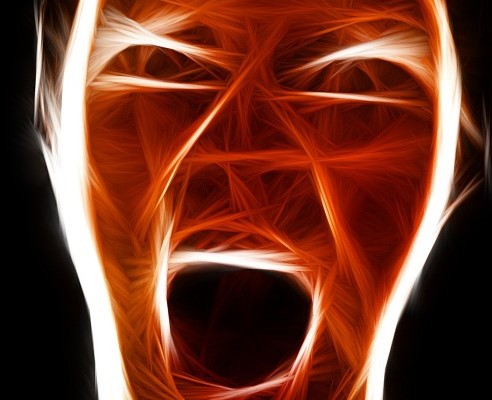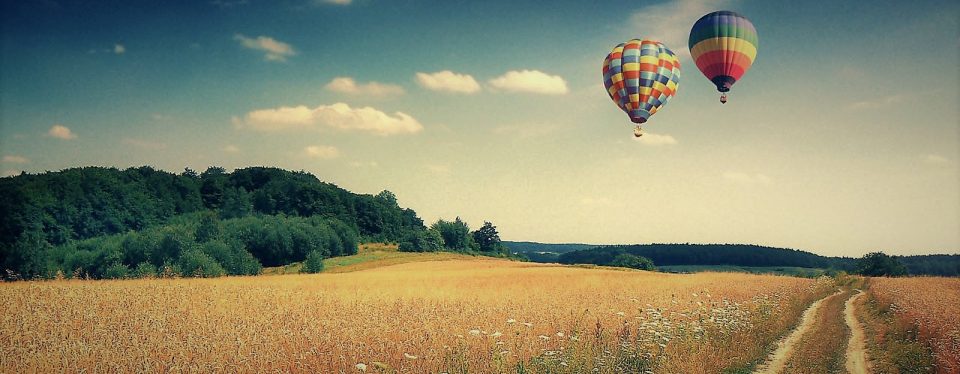Do you ever wonder at the chaos and disruption going on all around us during these tumultuous times, and wonder what to make of it all?
I certainly do, and the only way I seem able to make sense of it is to examine things through a very simple example. A long, long time ago, I attended elementary school in a big city where everybody looked like me. And as every Christmas season rolled around, the entire school was festooned in merry decoration—more of the Santa Claus variety than church décor, mind you.

Gaily-festooned trees inhabited every classroom, and carols of the season played before and after class on the public address system. Every pupil in the school understood everything about the rituals and the reasons for marking the occasion because, almost without exception, we were a middle-class, white, Christian community.
Years later, I found myself employed as a teacher, then principal and superintendent, in the same school system. But oh, how things had changed. The schools were populated still by Christians, but in ever-diminishing numbers, as the city grew to include people from all over the world. They were of all colours, from a multitude of nations, speaking different languages, practicing different religions.
By the late 1980’s, the school jurisdiction included not just Christians and Jews, but students who were Muslim, Hindu, Sikh, Buddhist, and more. We welcomed them, of course; they were all children, all happy to be in Canada, all eager to learn, all wanting to belong. We made a point to celebrate our differences, even as we rejoiced in our togetherness.
Our mission was to empower every student to learn, to achieve success, and to participate responsibly in a pluralistic, global society.
Christmas was still important, naturally, to our Christian families, but equally important to the newcomer families were the religious celebrations of their different faiths. And because there were many of those, the schools gradually moved from their previously-universal focus on only one to smaller-scale acknowledgements of them all.

In short, we changed. We encouraged coexistence and tolerance. And to me, immersed in the evolving culture, the change seemed both natural and justified. But to some, particularly among those heretofore part of the WASP establishment, the transformation was abhorrent.
Those people are taking our country away from us! If they come here, they should follow our ways! If they don’t like it, they should go back where they came from!
Racism and bigotry—which had always existed, if not always visibly—became ever more prevalent.
In the 1990’s, I moved to a smaller, rural jurisdiction well north of the city. To my astonishment, I found the schools under my aegis there to be almost identical to those I had attended in the 1950’s. As I visited the schools at Christmas, I felt as if I had stepped backwards in time. Almost everyone was white; almost everyone, including the Indigenous families, was Christian. As opposed to the seventy-six languages spoken by the families of students at the high school where my wife had worked in the city, the entire community spoke only three—English, French, and Ojibwe.
To my dismay, however, I found the same racism and bigotry among some (although by no means all) of the local populace.
Why do the Frenchies get their own schools? They should go to Quebec if they want to speak French!
How come the Indians get a free education? Us taxpayers are paying for it!
Today, more than twenty years later, as I look at events going on in the larger world around us, I hear and see many of the same sorts of things, most often from those who have always enjoyed the privilege and advantage that come from having been part of the establishment. Racism, misogyny, homophobia, transphobia, xenophobia—expressed in all manner of vile ways across social media, particularly. And too often voiced, or encouraged, by people who purport to be leaders.

The reason such things happen, I believe, is fear. It is our fear of change—the fear of being displaced, overtaken, cast aside. Collectively, we seem unable to recognize that there is enough here for all of us, that hoarding what we have from others diminishes, not only the hoard, but the hoarders, as well.
So, I try to remember how, back in those long-gone, halcyon school-days, we tried to accommodate each other—people of all races, all religions, all genders, all socio-economic circumstances. I try to remind those of my cohort from that era of the same thing. And I try to convince the younger generations, those who have grown up in a meaner, less-tolerant, get-it-while-you-can society, how it could be so much better if we put ourselves in the shoes of the other.
That really is the only way I can make sense of it all.
Discover more from tallandtruetales
Subscribe to get the latest posts sent to your email.

Timely and important words. I cringe at the racist quotes embedded in the article – esp bc they are all-too familiar. Racism and bigotry are scourges of humanity. There is so much work to do, all around the world and within our own backyards.
LikeLike
I agree, lots of work needs to be done…..and you’re a big part of that in your daily interactions with friends and colleagues!
Thanks for commenting, and for sharing my posts.
LikeLike
Excellent and very true.You gave this alot of thought. Ted Smith
LikeLike
Thanks for the kind words! You and Sharron, through your works, are exemplars in this area.
LikeLike
Sadly, so true!
LikeLike
Maybe it’s not supposed to make sense??
Thanks for the comment.
LikeLike
I, too, have wondered why colour and tribal differences define so much of our abhorrent behaviour. My pod is mixed and mixes well.
Genetic? Hereditary? Environmental? Religious?
We will have to solve this dilemma in order to evolve!
Your truth awakens is all!
LikeLike
I write these ‘truths’, more to counter my own despair over our collective cruelty and stupidity than for any other reason. We are so short-sighted as a species!
Thanks for commenting.
LikeLike
Well said.
LikeLike
Thanks for reading it, and for the comment!
LikeLike